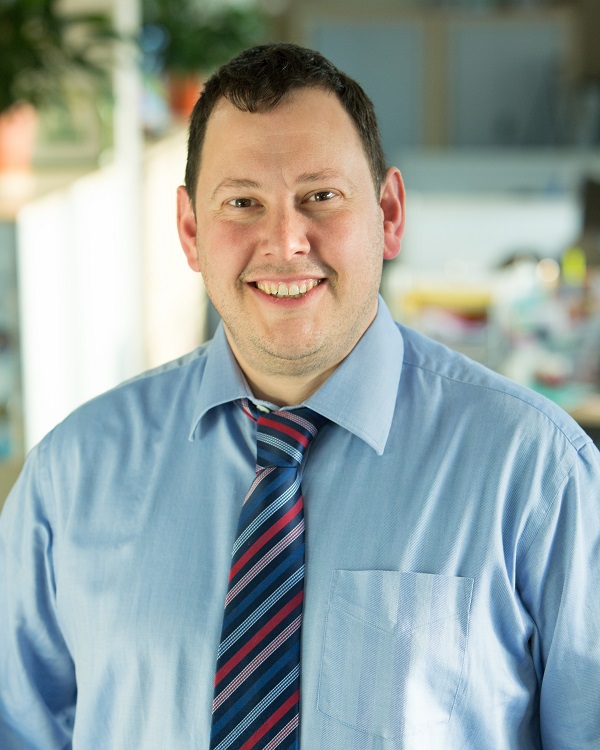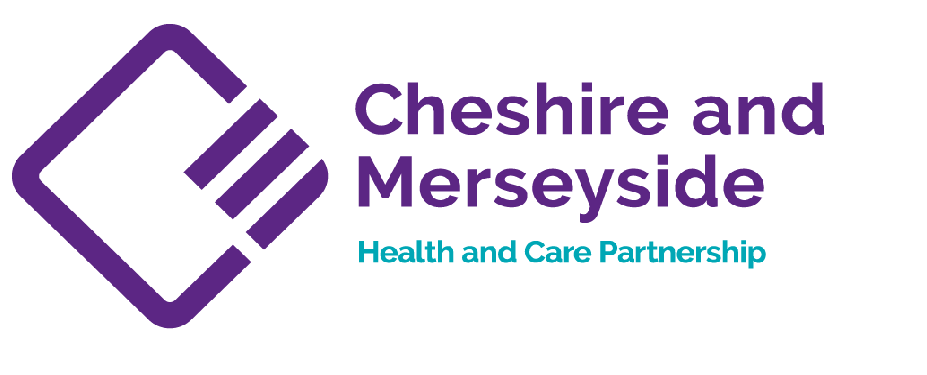Quotes

Speaking about the role CIPHA’s played throughout the pandemic, Matthew Ashton, Director of Public Health (DPH) for Liverpool said: “Directors of Public Health are sincerely thankful for all your hard work in establishing CIPHA. It’s an amazing achievement and the speed in which the Platform was set up [within three months], in the most challenging of circumstances, is truly outstanding and a testament to all involved. You’ve enabled DsPH, PH teams and strategic groups within the LRFs across C&M to have access to data that helps to inform their planning and understanding of the pandemic, which has been key for managing our System’s response to this crisis and will be equally instrumental in driving our COVID recovery moving forward.
Matthew Ashton, Director of Public Health (DPH) for Liverpool, Liverpool City Council

CIPHA very quickly developed in a matter of weeks from a mere concept to a practical tool which can help inform key decisions when responding to Covid-19. It is enabling us to predict the pressures clinical teams will be placed under during the coming weeks, and better inform decisions about the surge capacity that needs to be put in place. Casemix data can help us understand how internationally identified trends, such as vitamin D status, the effects of social deprivation and frailty, impact patients in our local area.
Dr Andrew Hill, Chief Clinical Informatics Officer, St Helens and Knowsley Teaching Hospitals NHS Trust

The Liverpool pilot of open-access, community-based testing for the virus that causes Covid-19 has now tested over 160k people using the Innova lateral flow device across Cheshire and Merseyside – people who live or work in Liverpool – and the test has picked up over 1200 individuals who did not know they were carrying the virus. This lateral flow test detects around two thirds of substantially infectious people whereas the PCR tests pick up around four fifths of people who have the virus. Lateral flow gives a result in half an hour, whereas PCR takes one or two days to return the result – time when the person who is positive may still be spreading the virus. The lateral flow test costs around £4 whereas the PCR test is at least 10-20 times more expensive. So, the lateral flow test can be used to test more people more quickly. As our region now moves out of lockdown into fewer restrictions there is a greater chance of spreading the virus, especially in places like hairdressing salons where there is prolonged close contact between people. So the Liverpool pilot is moving from mass testing to a targeted approach focusing on high transmission risks (e.g. hairdressing salons) and high consequence settings (e.g. care home visitors). Combinations of lateral flow tests, PCR tests and further precautions (e.g. PPE) are being used in high consequence settings such as care homes to minimise the risk of false negative results or false reassurance from negative results. All of this work needs intelligence on what works and what doesn’t in a fast-moving pandemic. So, the testing strategy is now called SMART (Systematic Meaningful Asymptomatic Repeated Testing). CIPHA has been extremely valuable for the teams on the ground, and national policy-makers, to adapt their tactics and plans according to the data. Each week the CIPHA intelligence is used to tune local and national plans to gain as much Covid-19 risk mitigation as possible from the tests available. This intelligence-led strategy will save lives and livelihoods.
Professor Iain Buchan, Executive Dean, Institute of Population Health, University of Liverpool












